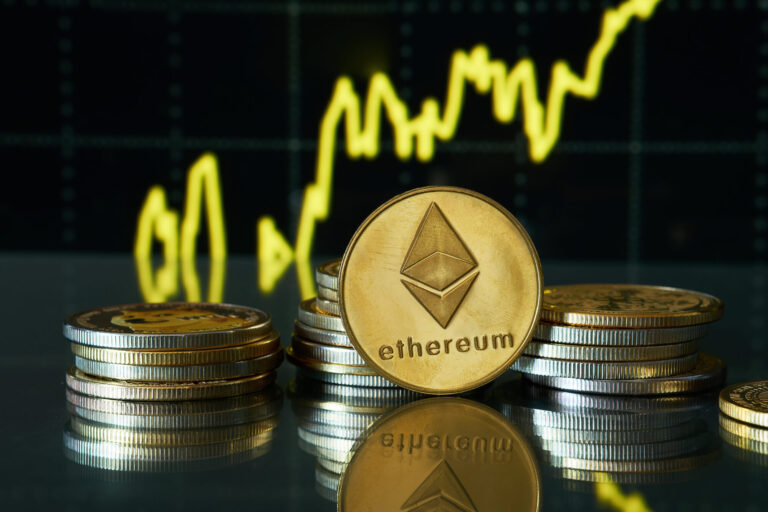In the summer of 2021, El Salvador became the first country to officially recognize bitcoin as legal tender. Two and a half years later, the small Central American nation is dialing back its bold cryptocurrency experiment in order to secure a $1.4 billion loan from the International Monetary Fund (IMF).
At a 2021 conference in Miami, El Salvador's president announced the plan to make bitcoin legal tender, drawing immediate global criticism. In particular, the IMF warned of risks to financial stability, consumer protection and anti-money laundering efforts. The world's largest fiat-based financial institution saw El Salvador's bitcoin plan as a threat. Shortly thereafter, the IMF introduced a new clause in loan agreements aimed at curbing the introduction of cryptocurrencies. El Salvador is now agreeing to these conditions in order to obtain fresh liquidity. Cracks are showing in the world's largest bitcoin experiment.
Restricting the "Bitcoin Nation" El Salvador
The agreement with the IMF includes measures to diminish bitcoin's role in the country, according to a recent announcement. Among the changes, El Salvador will no longer require businesses to accept bitcoin as payment. The 2021 Bitcoin Law previously required all economic agents to accept the cryptocurrency in exchange for goods or services. In addition, bitcoin-related activities, such as purchases and transactions using bitcoin, will be restricted in the public sector. Specific details of these restrictions remain undisclosed.
The IMF also stipulates that taxes must be paid in US dollars only. In addition, government involvement in the Bitcoin Chivo wallet will be phased out. The broader IMF agreement outlines fiscal policies to reduce public debt, increase financial transparency, and strengthen fiscal and budgetary reserves. In essence, President Bukele's ambitious bitcoin plan will be scaled back, leaving behind a bitcoin reserve of around $600 million and business-friendly regulations.
An attractive offer
The deal is not yet final. The IMF board's approval is dependent on El Salvador's implementation of "agreed prior actions," according to the announcement. Beyond the $1.4 billion, the agreement is expected to unlock additional funding from development organizations. With support from the World Bank, the Inter-American Development Bank, and other regional institutions, the total package for El Salvador could exceed $3.5 billion. The IMF Executive Board will make a final decision on the loan in February 2025. President Bukele has not commented on the agreement, other than with an emoji on X (formerly Twitter).








